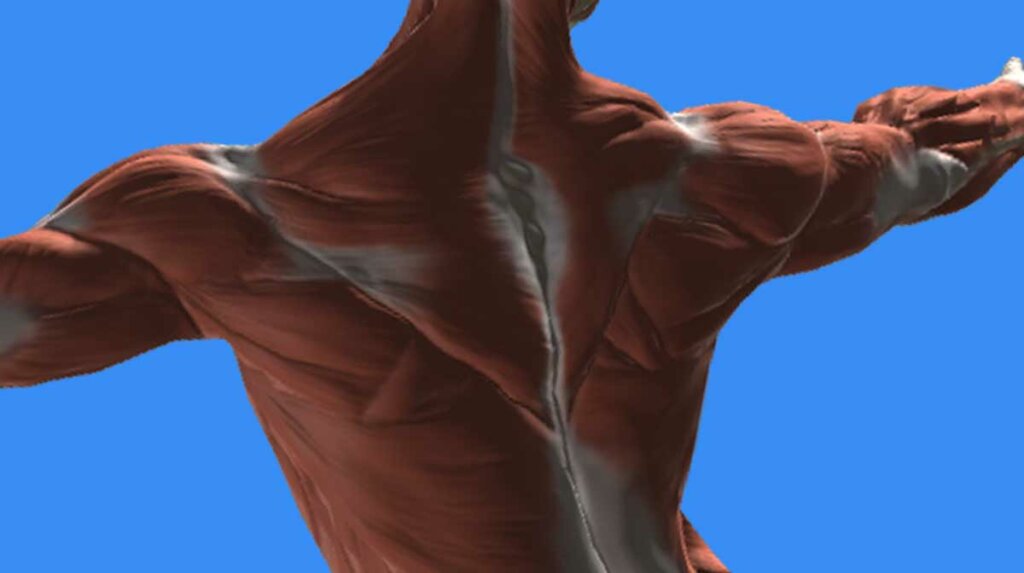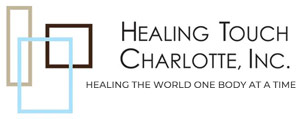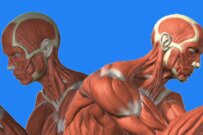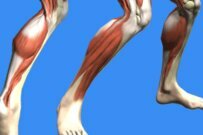Rotator cuff injuries are common and can cause significant discomfort, limiting the range of motion and functionality of the shoulder. Whether the injury is a result of overuse, trauma, or age-related degeneration, finding effective solutions for healing is essential. While traditional treatments such as rest, physical therapy, and medications play a crucial role, an often overlooked but highly beneficial approach is massage therapy. Read for the potential benefits of massage therapy in addressing rotator cuff injuries and how it can aid in the healing process.
Massage Therapy can increase blood flow and circulation.
It can promote healing by increasing blood flow and circulation in the affected area. When the rotator cuff is injured, blood flow to the injured tissues may be reduced, hindering the body’s natural healing mechanisms. Skilled massage techniques, such as effleurage and petrissage, can help dilate blood vessels, facilitating the flow of oxygen and nutrients to the injured tissues. This increased circulation not only aids in tissue repair but also helps in flushing out metabolic waste, reducing inflammation, and alleviating pain.
Massage can assist with muscle Relaxation and Tension Release.
Muscle tension and spasms often accompany rotator cuff injuries, causing additional discomfort and impeding the recovery process. Through targeted massage, a skilled therapist can release muscle knots and tension, helping to reduce pressure on the injured area. By loosening tight muscles around the shoulder joint, the massage not only provides immediate relief but also allows the rotator cuff to move more freely, potentially preventing further strain during the healing phase.
Massage Therapy can improve the shoulder’s flexibility and range of motion.
Prolonged immobilization and guarding of the injured shoulder can lead to stiffness and decreased range of motion. Massage can gently stretch and mobilize the affected muscles and tissues, promoting flexibility and restoring the shoulder’s range of motion. As the range of motion improves, patients may find it easier to perform prescribed exercises during physical therapy, further accelerating their recovery.
Massage can help reduce stress and pain.
Dealing with a rotator cuff injury can be physically and emotionally taxing. Chronic pain and limited mobility can take a toll on one’s mental well-being, potentially hindering the healing process. Massage therapy induces relaxation and stimulates the release of endorphins, which are the body’s natural painkillers and mood enhancers. This can help alleviate both physical pain and stress, promoting a positive healing environment for the injured shoulder.
While massage therapy should not replace conventional medical treatments for rotator cuff injuries, it can be a valuable adjunct therapy to accelerate healing and provide much-needed relief during the recovery process and can offer a soothing and comforting path to recovery for those dealing with rotator cuff injuries.







